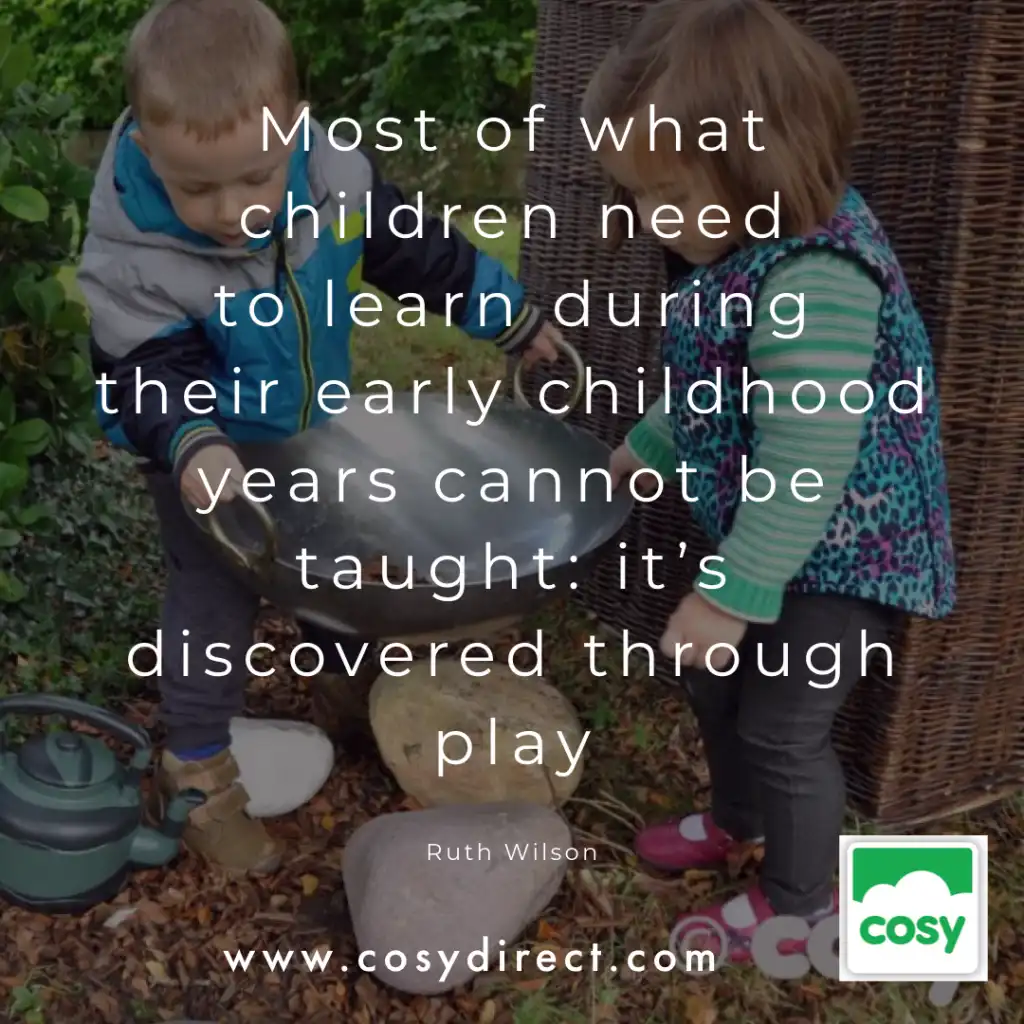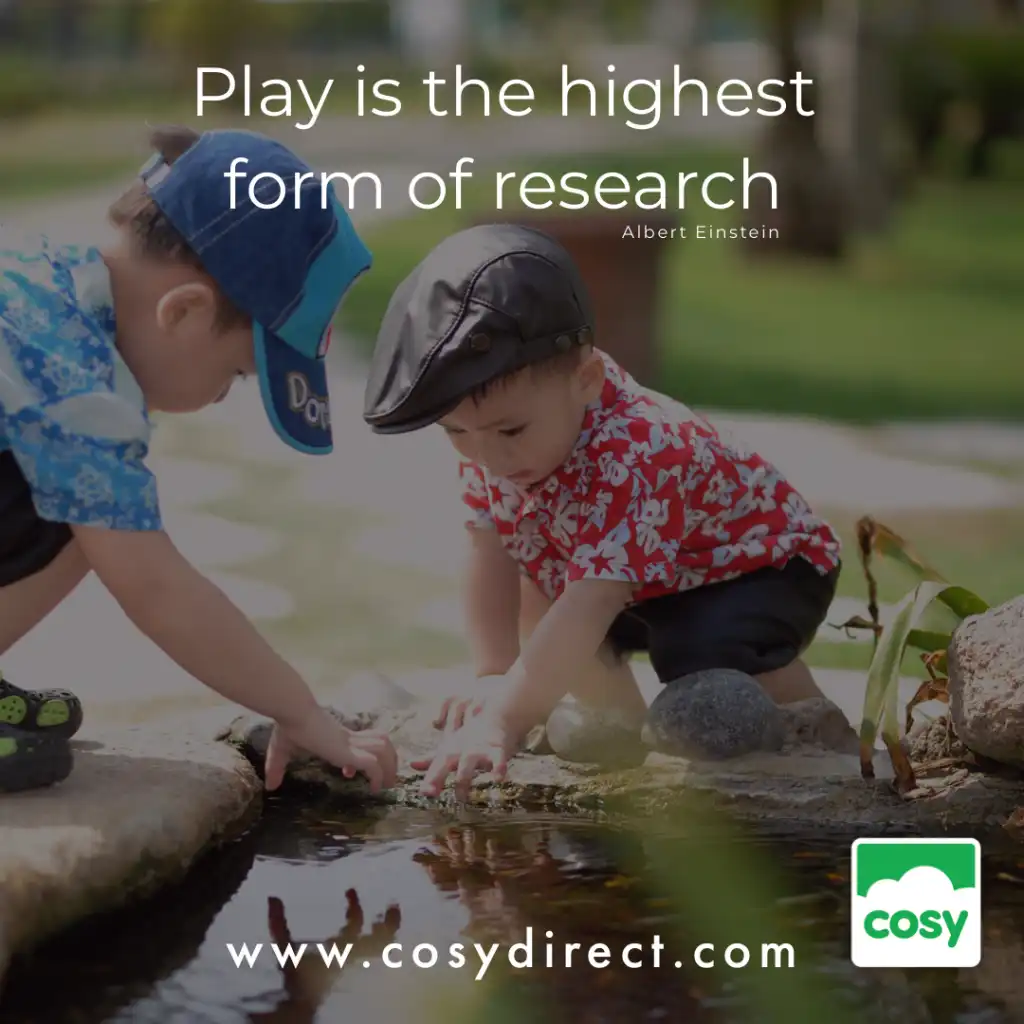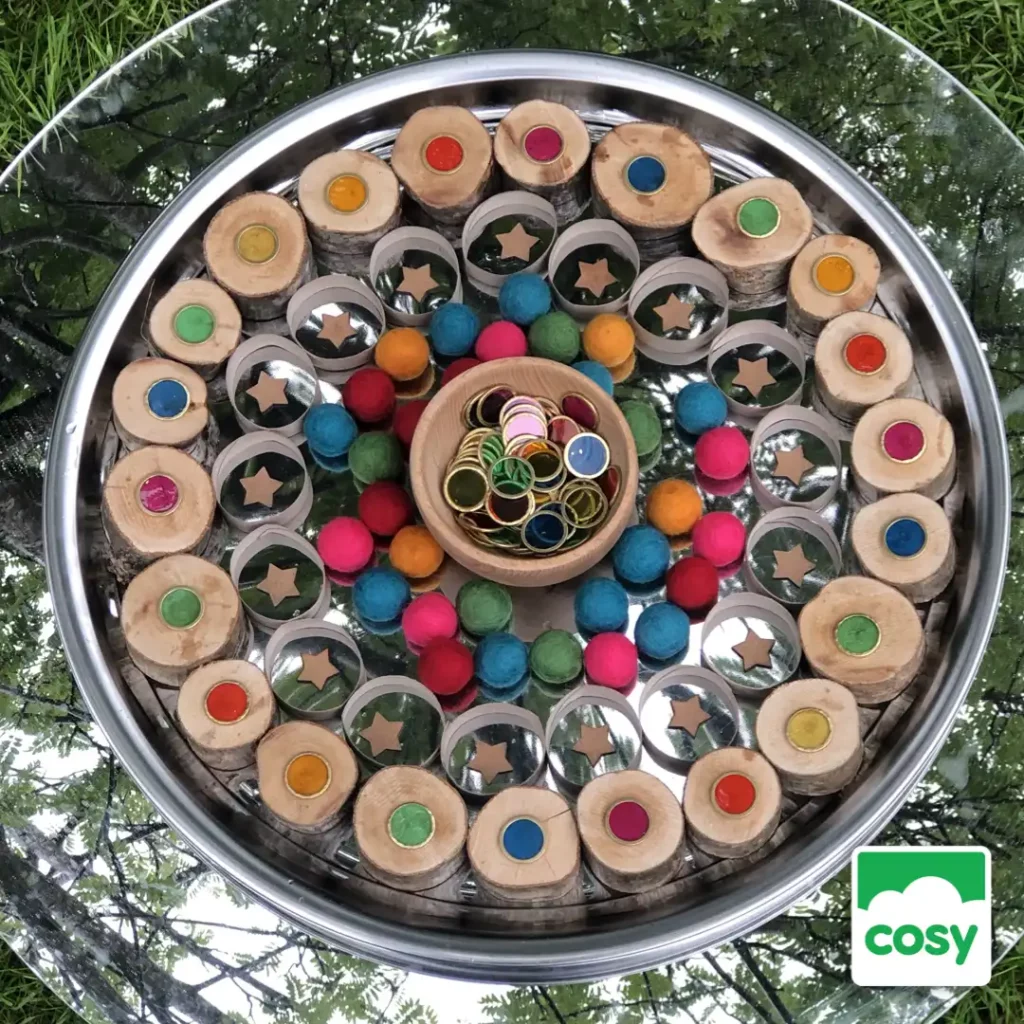Childhood - Is Play Time Limited?
Is play time limited? The COVID-19 pandemic and the implications for children’s learning, play and wellbeing has led us to think about childhood and whether play is time limited. At what age do children stop playing? Or do we always play?

Perhaps because we understand the benefits of play, we do all we can to facilitate it at home, in settings and schools as well as clubs such as Rainbows, Brownies and Cubs. There’s no greater feeling than seeing children immersed in their play, oblivious to everything else going on around them. In these moments, they are totally absorbed which is when we realise how much of an escape play can be as well as being essential for wellbeing. As educators, we know and understand the benefits of play and as educational suppliers, we do all we can to ensure our products appeal to the playful nature of children. But at what age do children stop playing? Or do we always play? Is Play time limited?
When this question was posed on Twitter, we were inundated with some fantastic responses, clearly demonstrating how the subject of play resonates with so many. The overwhelming consensus was that play doesn’t end. We continue to play as adults except this looks very different to the play we engaged in as children.
As adults, we seek activities we might find intriguing, develop our imagination or which we enjoy doing and learn from, developing our skills such as music, gaming, sport and reading.
@chocomallow
I’d love to think we always have an element of play in our lives.
@magical_mrs
A bit of us dies inside when we forget how to play.
@VandVLearning
However, it was evident that how we play changes at some point.
I think it’s the wider constraints that stop play, the environments, the fear of taking risks as we develop cognitively and move in different social circles.
@AnniePendrey
We heard tales of idyllic childhoods and this makes us question what happens at a point in childhood when children become inhibited or restricted with their play. When do we get the message from society that ‘it’s just play’ as if it’s unimportant, unproductive and unnecessary?
As a child I remember playing in the woods, in the street, anywhere, but I do remember a huge change when I got to middle school.
@dawnbee93
It was clear from the respondents on Twitter that play can be inhibited by peer pressure, the fear of taking risks, assessment, stranger danger, society and children being born into a digital world. Thankfully, children have an innate drive to play and be curious. Just think of the child at Christmas who bypasses the expensive toy for the box it was in!

Unfortunately, as adults, our busy lives, combined with responsibilities in and outside of work, can leave little free time to engage in play. This doesn’t necessarily mean playing with toys – it means those activities in which we can lose ourselves, time passes without us realising and we experience happiness and enjoyment. However, @joe_bng questions whether adults have more play opportunities than children as they have more freedom (and money!) to enjoy activities such as festivals, sports and paintballing.
It’s useful to reflect on our fast-paced lives, considering the play opportunities available to us. Play has been evidenced to be beneficial to us as adults, releasing endorphins to give us that happiness boost, improve our physical health and keep our brains active. Some valuable advice:
The only thing stopping us being playful is our own self-consciousness, allowing society dictate when we have to grow up!
@VickyVixen99
Let’s continue to promote the benefits of play for children, facilitating enabling environments where children can thrive. But let’s also make time to play and be playful ourselves…you might just enjoy it.
With thanks to The Cosy Creatives for this blog post and our Cosy Club Members for their input on Twitter.
Childhood - Is play time limited?
Join in the conversation on Twitter @CosyDirect and don't forget to tune in for our weekly #CosyChat with Emma and a lovely group of Early Years Specialists.



